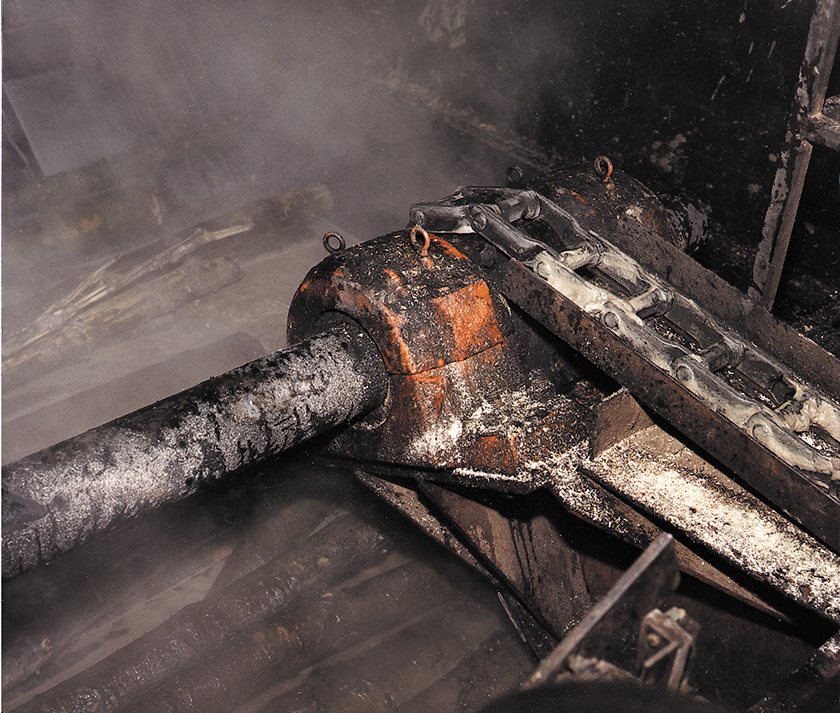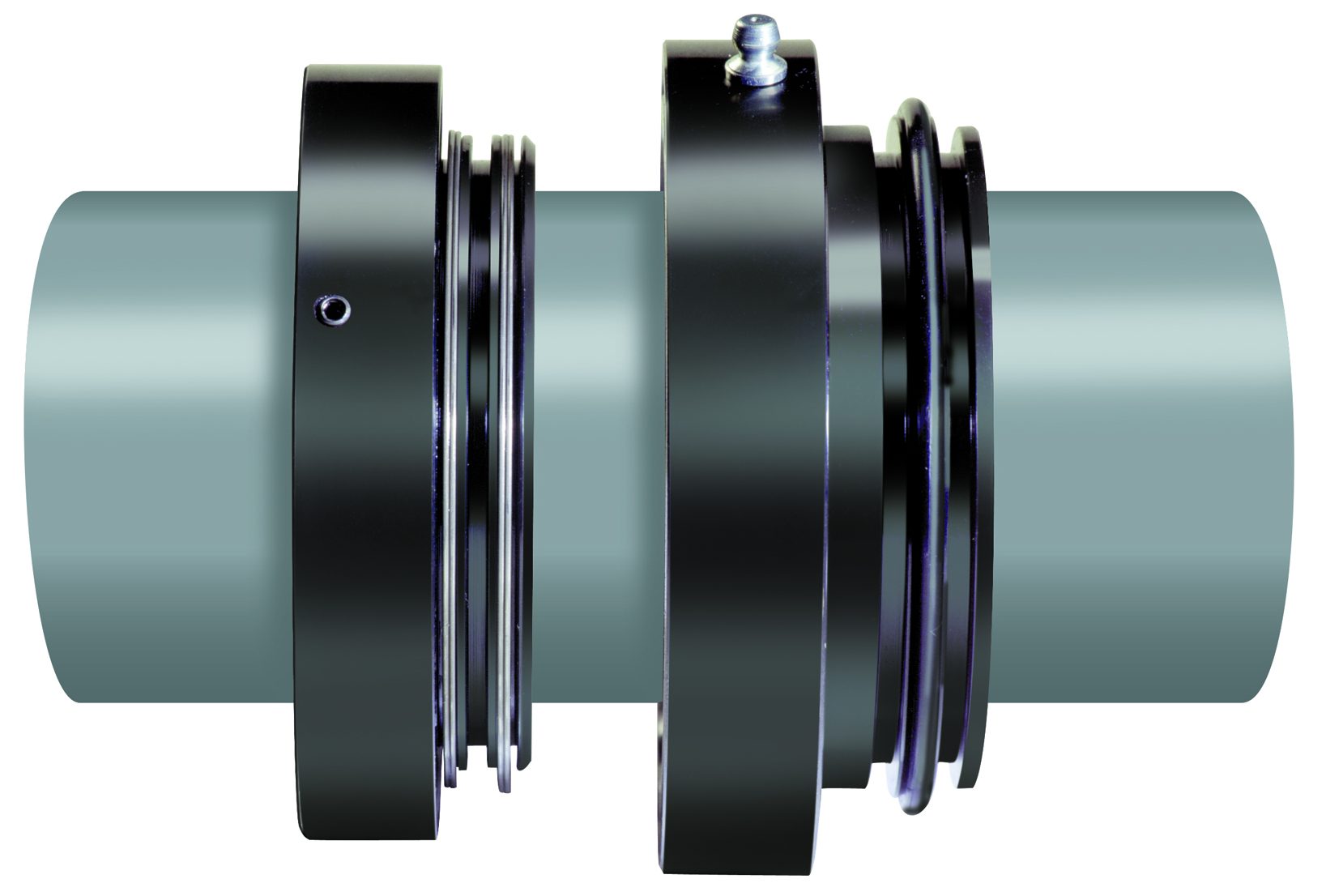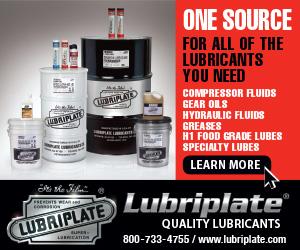
In harsh operating environments, bearings are constantly under attack from contaminants such as dirt, abrasive materials, caustic chemicals, extreme heat, and heavy shock loads. Because of this, selecting the right bearing seal to protect against contamination is often the most important consideration when choosing a bearing and housing assembly.
To ensure efficiency in your facility, no matter the industry, you’ll want to know these different types of bearing seals to avoid contamination.
What Is a Bearing Seal?
A bearing seal is used in conjunction with an industrial bearing. Bearings themselves allow for linear movement and rotation in machinery, thereby limiting friction and stress from heavy loads. For the bearing to remain fully functional, a bearing seal is used to cover the inner pieces of the bearing—such as the rotating balls—to protect the part. This can help prevent premature failure of the bearing.
Bearing seals serve multiple purposes. Beyond preventing contamination, they also help ensure that bearings remain properly lubricated.
Types of Bearing Seals to Consider for Your Application
You’ll want to know your options when it comes to determining a reliable sealing system to prevent premature bearing failure that can be caused by localized contaminants.
Consider the following types of industrial bearing seals for your application:
Integral vs. External Bearing Seals
Sealing elements fall under two major categories, which are based on whether the seal is integral or external to the bearing component. Each sealing type has its own unique considerations.
According to MachineDesign, integral seals are compact and eliminate the need for grease cavities and external shaft seals, which can require more space and impose a mechanical burden on the shaft.
External seals, however, are frequently used with oil rather than grease, as oil is often present in high-speed applications and where lubrication is shared between multiple components. External seals are also commonly used in applications that require regreasing or a large lubrication cavity.
Contact vs. Non-Contact Bearing Seals
Seals can also be contact or non-contact by design. With a non-contact seal, there is no contact with the bearing’s inner ring. Conversely, a contact seal is designed to contact the bearing’s inner ring with the lip of the seal.
Choosing the best industrial bearing seal depends on the bearing application and environment. Contact seals, while producing more friction, provide a better seal against fluids or small contaminants, like dust. Non-contact seals, on the other hand, are preferable for clean, heavy-duty environments, such as aggregate.
Schaeffler’s FAG SuperTac II Taconite Seals
Schaeffler offers a virtually impenetrable external non-contact labyrinth seal design that has stood the test of time. Non-contact seals typically include the following features: oil grooves, labyrinths, and flingers. Schaeffler’s SuperTac II Sealing system includes a grease-packed radial labyrinth, as well as a grease-purged axial labyrinth, that creates a practically impermeable web of protection against contamination. The result: a longer bearing life.
Within the SuperTac II Sealing system, the grease-packed radial labyrinth with a grease-purged axial labyrinth creates a practically impermeable web of protection against contamination, resulting in a longer bearing life.
The SuperTac’s non-contact seal design eliminates shaft wear, has exceptional high-speed capabilities and can accept greater misalignments than lip seals. The benefit to you: machine downtime is kept to a minimum.

Additionally, FAG SuperTac II Taconite Seals were designed as a drop-in fit into the seal grooves of SAF pillow blocks – including FAG and many other competitors’ brands – which eliminates the need for special housing features.
With FAG SuperTac II Seals from Schaeffler, less is indeed more: less contamination and machine downtime, which equals more productivity and bigger profits! Contact your local IBT branch to learn more.





